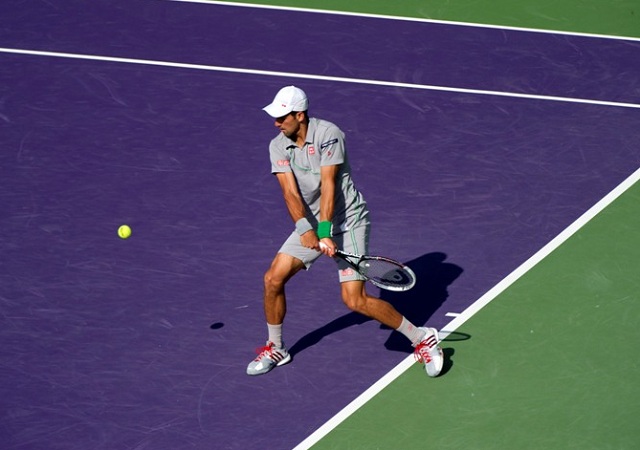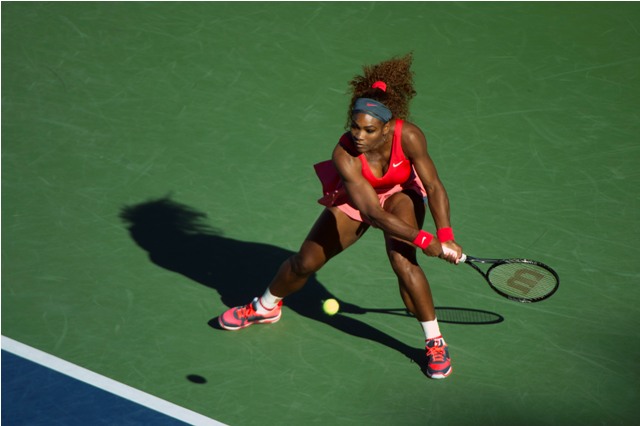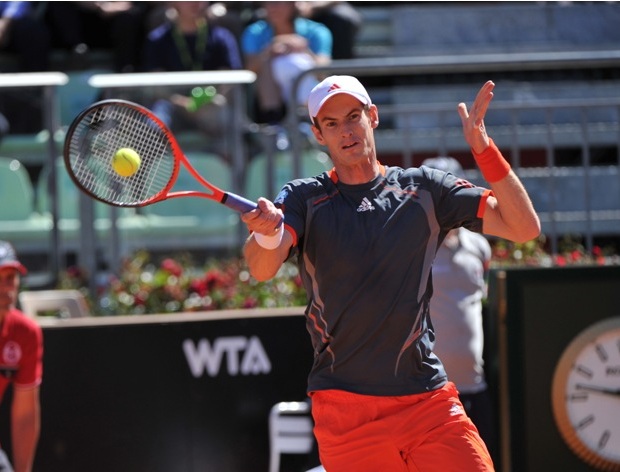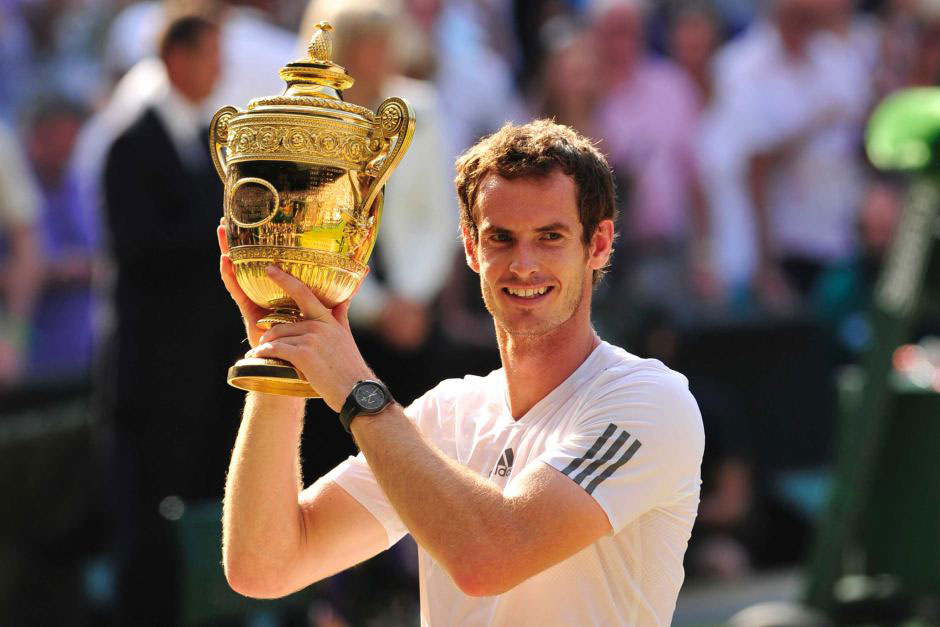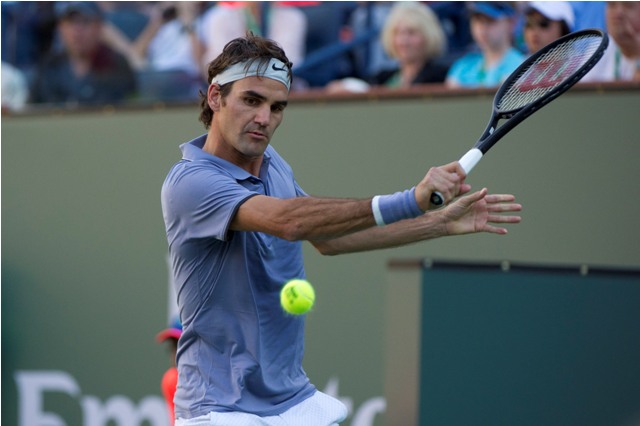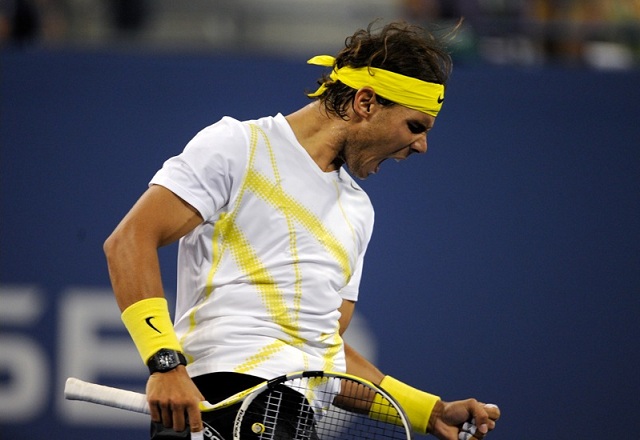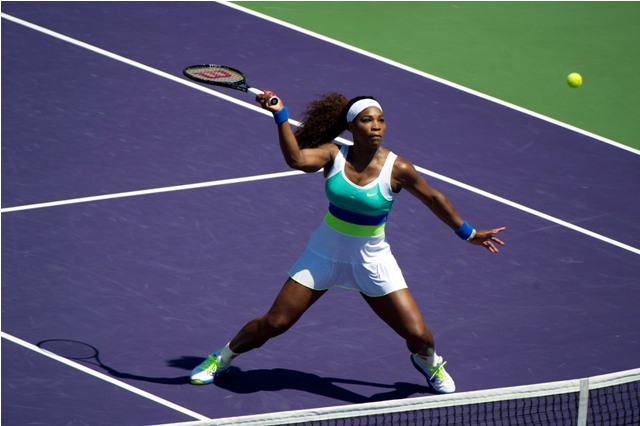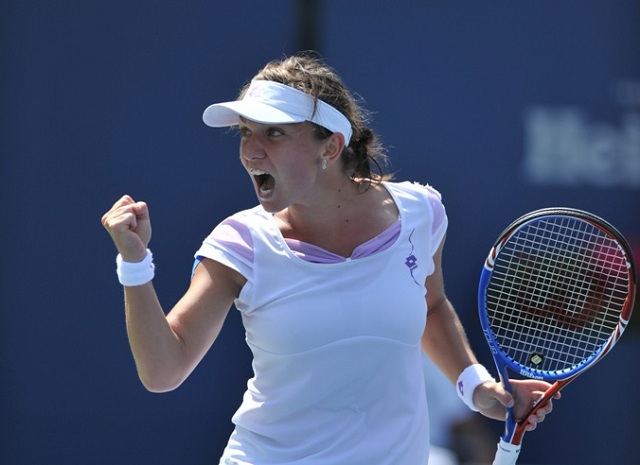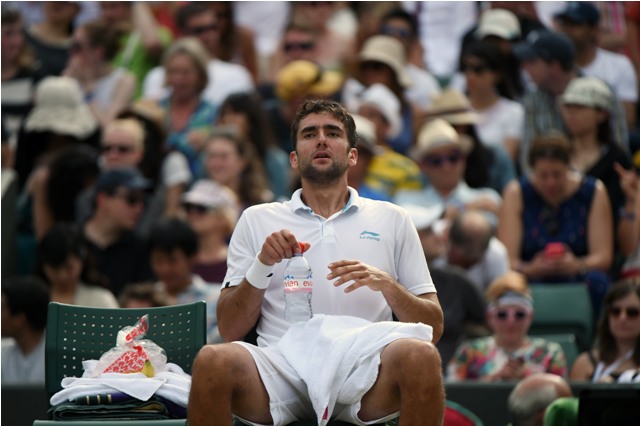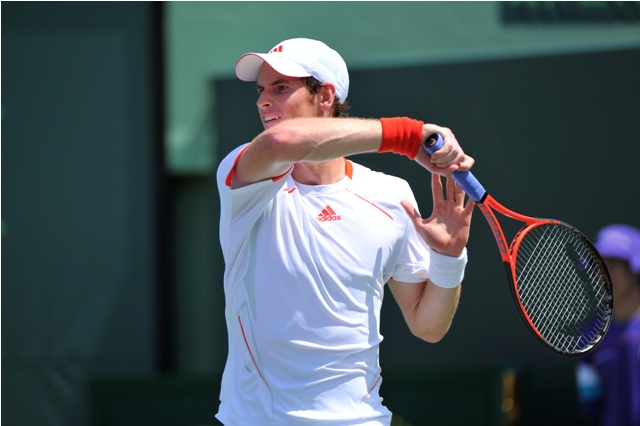Novak Djokovic vs John Isner Preview – Indian Wells 2015 Round 4
Three years ago, John Isner stunned Novak Djokovic in a deciding tie-break in the semi-final round here in Indian Wells and will now look to replicate his efforts on Wednesday evening en route to the quarter-final stage of the tournament. Of their seven previous encounters on the professional tour, with the Djokovic vs Isner Head to Head standing at 5-2.
Follow the fourth round match Live Here: Djokovic vs Isner Live Streaming
Unlike his opening match, Djokovic slightly more inconsistent and struggled to find the break in the opening set. He eventually downed Albert Ramos-Vinolas 7-5, 6-3 in a match where he hit 32 unforced errors to 18 winners.
“It wasn’t as good as the first round, that’s for sure, but a win is a win,” said Djokovic,. “I did struggle a lot, had some unforced errors. From the back of the court I didn’t feel so great. But towards the end of the match was better, so hopefully it can be better in the next one too. I definitely need to work tomorrow on the balance and hopefully in the next one there will be fewer mistakes.”
Article Continues Below Ad
The top American on the men’s tour ousted 16th seed Kevin Anderson en route to the fourth round of the Indian Wells Masters event. He managed to smash 18 aces to Anderson’s 11, and closed out the encounter in one hour and 19 minutes. Now, he will look to generate a similar number of aces and dominant serves to make his next match a difficult match for the defending champ.
“It will be totally different against Isner, not as many rallies,” said Djokovic. “There will be a lot of serves, returns. Got to be ready to battle for the few points that will decide that match. He has a big serve. His entire game depends on his serve. he serves a high percentage of first serves and can beat any player on any surface. If he has a good day with serving, it’s going to be very difficult for me.”
This marks the eighth time that these two competitors will meet on the ATP World Tour, with Djokovic leading the series 5-2. Isner’s only two wins against the Serb were on American soil, including a semi-final win over Djokovic at this very event in 2012. While he is capable of another upset, Djokovic far more consistent lately, while Isner continues to disappoint, particularly following the Davis Cup loss to James Ward several weeks ago.
Prediction: Novak Djokovic in Straight Sets
For more match predictions, click here: Tennis Predictions and Tips


